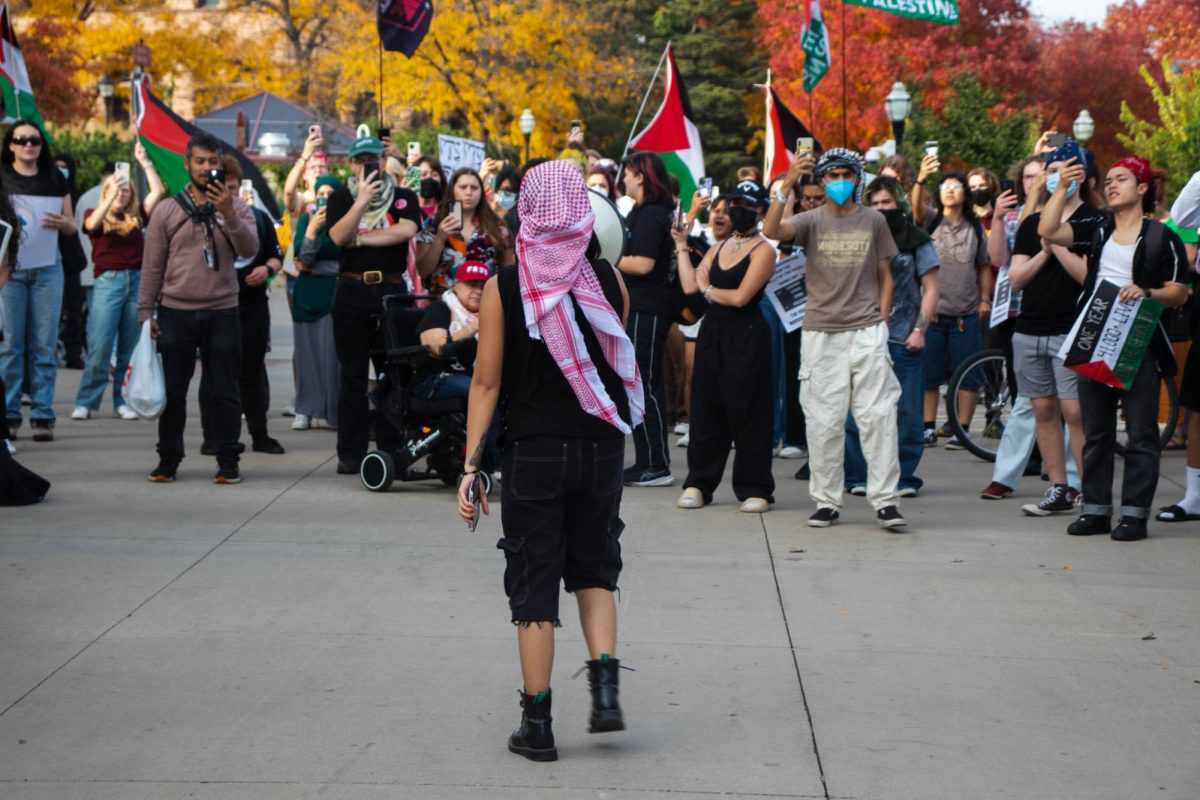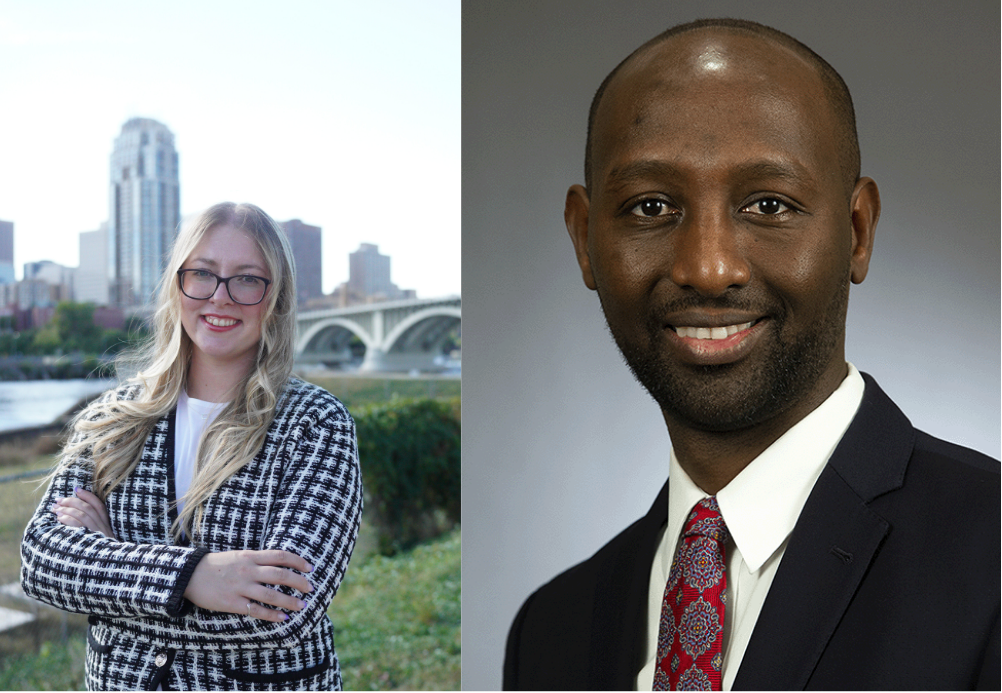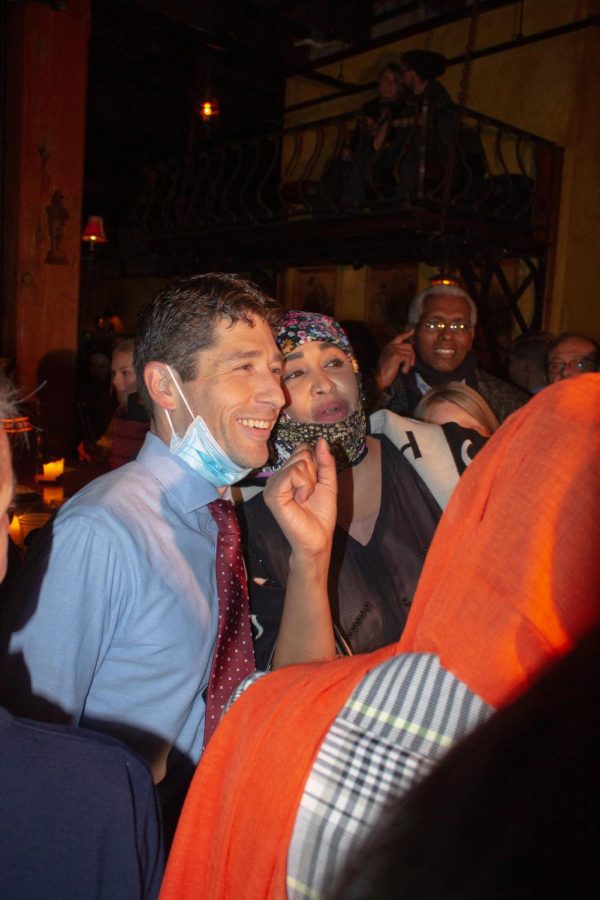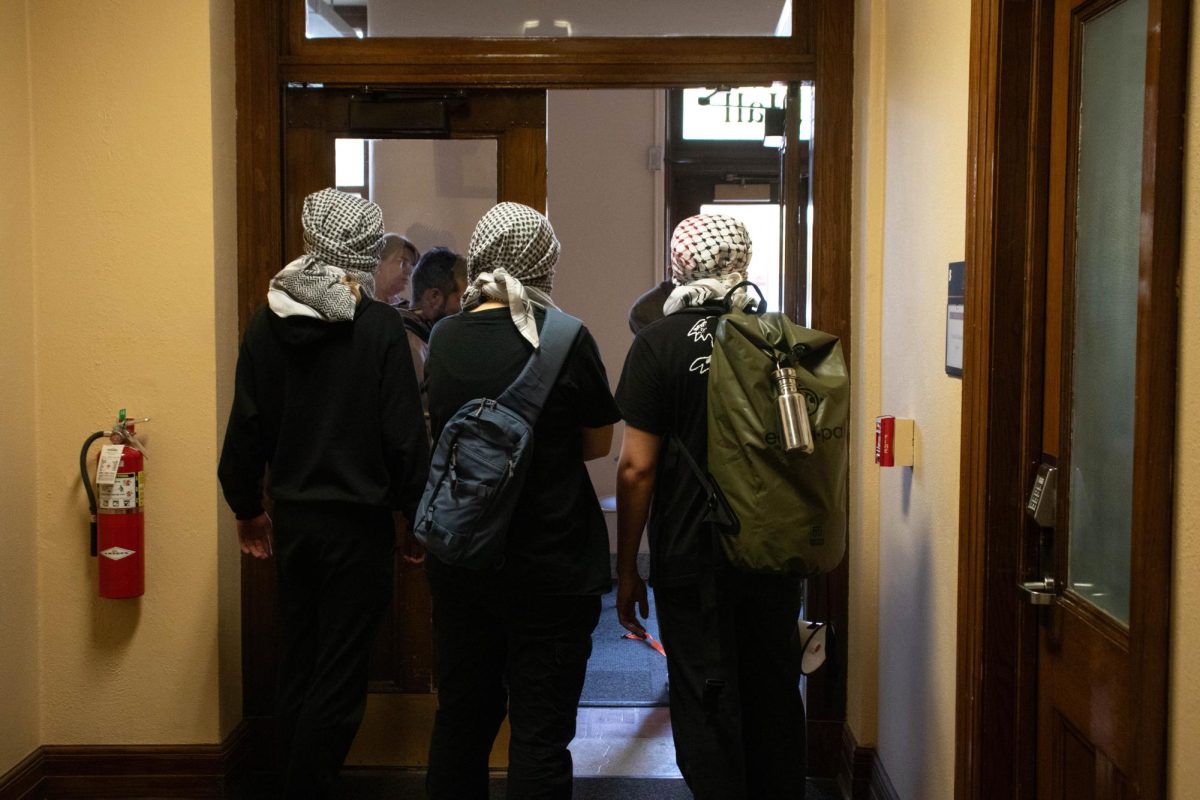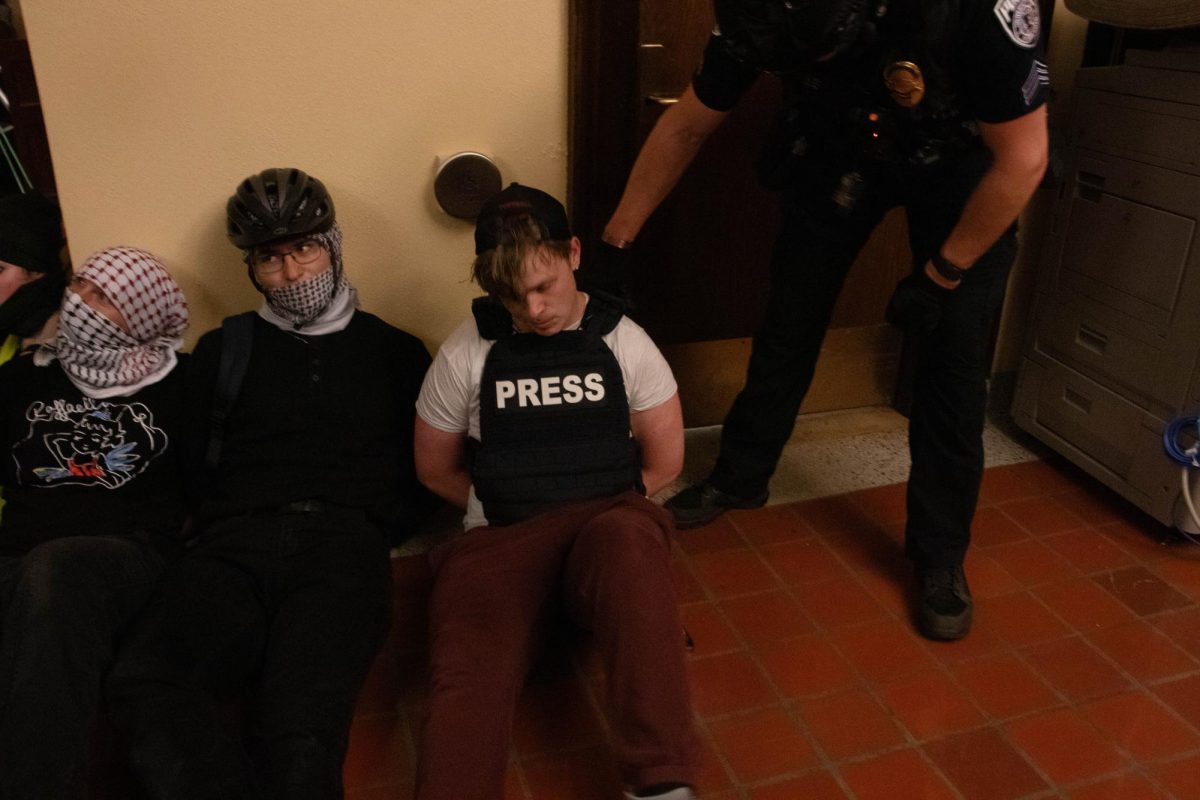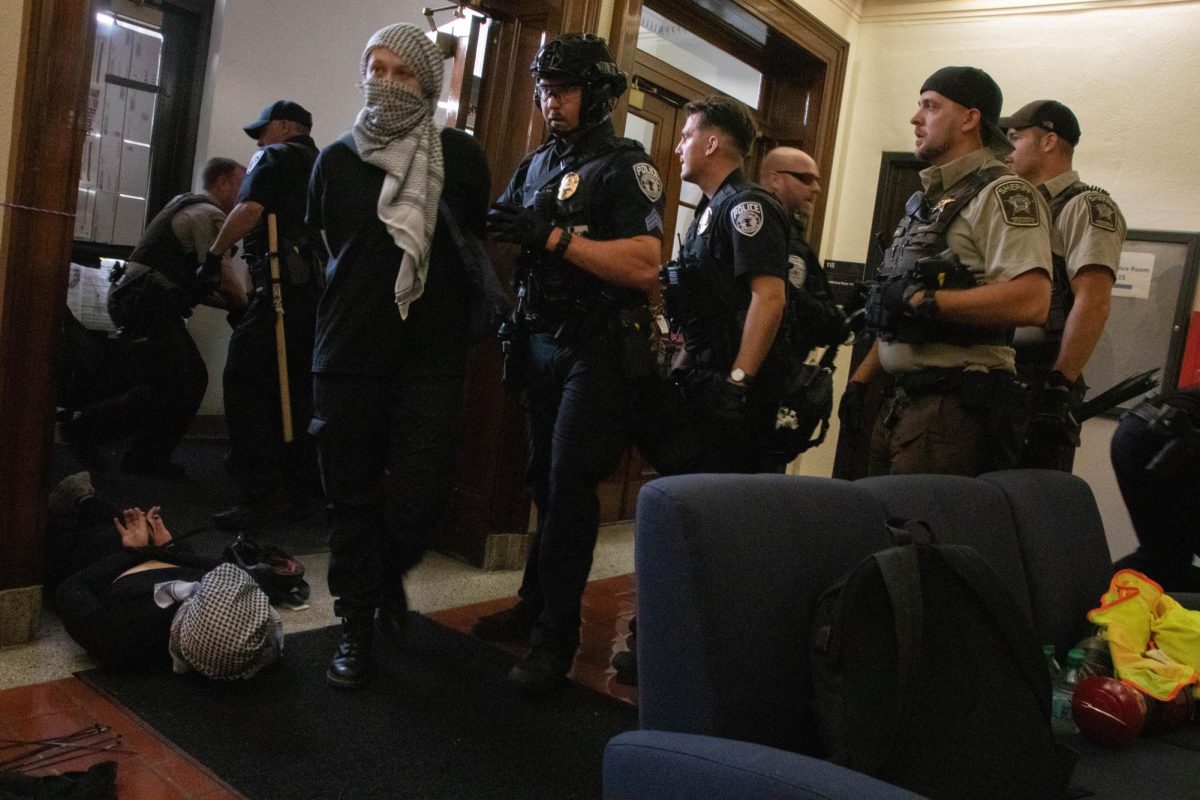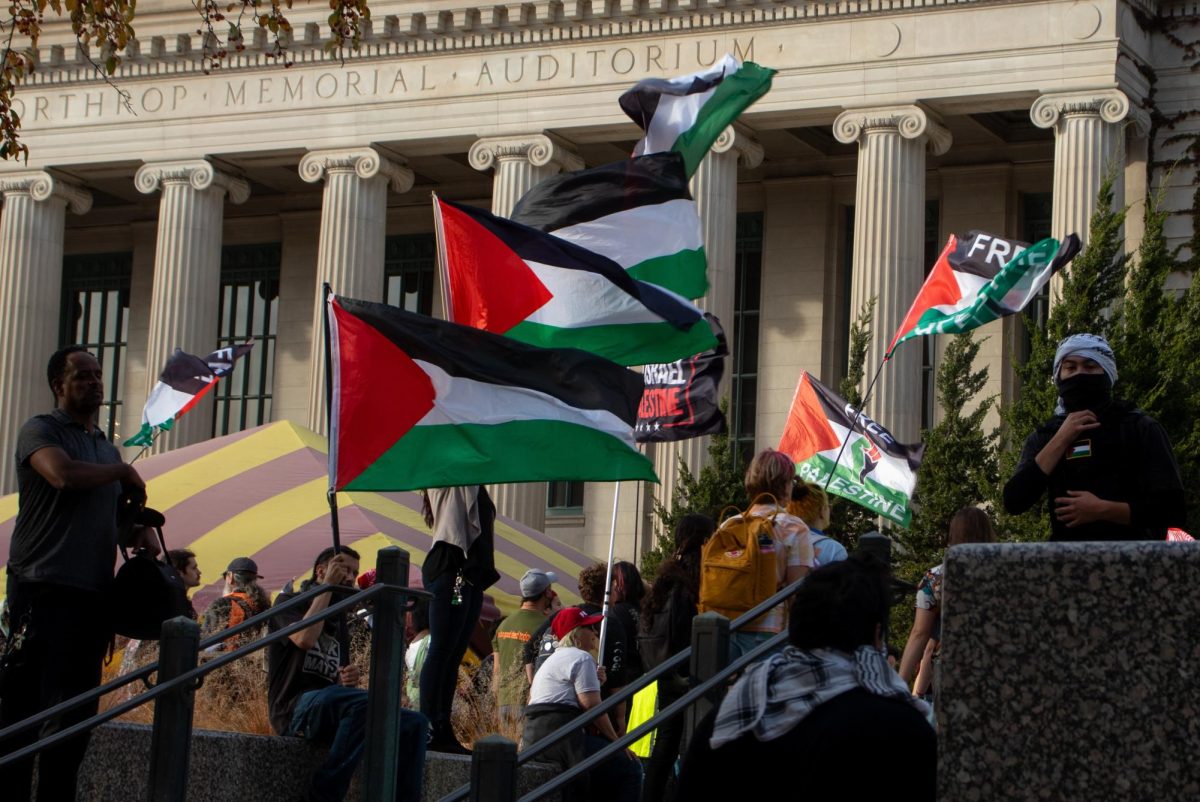Since the “strong mayor” government style went into effect in December, Minneapolis officials have been working out the details within the new government form, such as how the mayor, administration and Minneapolis City Council will interact and what their specific roles will be.
In November, Minneapolis residents voted to amend the city charter, changing the role of the mayor from a “weak mayor” to executive of the city, also shifting the City Council to operate more as a legislative body. The City Council will be in charge of creating policies and enacting laws for Minneapolis residents and has less administrative control over the city.
Among city staff, such as some council members, there is a lack of clarity on how the city should be operating. This creates confusion on topics such as who residents should go to to report problems and connections between City Council and city administration.
On Feb. 10, City Council approved a motion for the city clerk and city coordinator to create an outline about the new government structure.
Casey Carl, Minneapolis city clerk, said he and the city coordinator are creating the outline to define the separation of powers between the mayor and City Council and how different parts of the city work together. Once an outline is drawn up, it will take several months for the city to fully integrate into the new system.
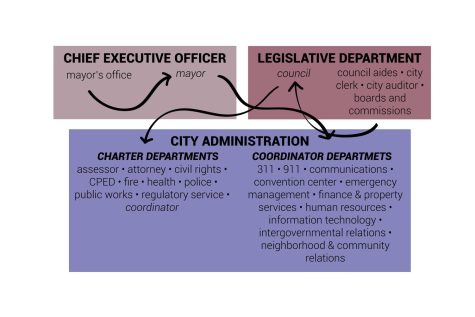
The new government structure also defines the mayor as the chief spokesperson for the city, meaning the mayor is now accountable for the performance of the city. The council will monitor and evaluate the performance of the city.
Carl said the council will continue to play the role of the legislative body and have responsibilities such as setting up policies that will determine how the city is run and enacting laws for the city.
“For the community, voters, constituents and residents, the biggest change is where accountability stops, and that’s with the mayor,” Carl said. “It provides a very clear line of accountability between the voters and the mayor, and then from the mayor’s to the department.”
One area that needs to be determined is formal points of communication between the mayor and Council, according to a committee presentation on Feb 8.
Ward 6 Council Member Jamal Osman said he is confused about the role of City Council as a legislative body. For example, since the mayor now represents Minneapolis, city officials are figuring out who citizens should go to when they have concerns.
“I want to make sure that the powers that we had, and the goals we have are respected in the democratic process,” Osman said. “I want to make sure the communities that I came from don’t feel like their council member has less power now than [before].”
Osman said he hasn’t seen any large changes since the amendment went into effect because city officials are clarifying how the government restructure will work.
City officials have also been working to clarify the role of how the mayor and City Council will interact with other city departments. The council has the authority to create policies for every department except the Minneapolis Police Department (MPD).
The mayor’s sole authority over the maintenance and establishment of MPD did not change under the government restructuring, meaning that the council cannot create policies for MPD.
Ward 1 Council Member Elliott Payne said he believes the council should have power to create policies for MPD under the new structure.
“This is one of those areas that if we were to be honoring question one passing and the new legislators process of council, council should have the legislative ability to put some bans on no-knock warrants,” Payne said. “That’s what we need to address, so that we can have this process of talking about how policies are working or specifically not working.”



